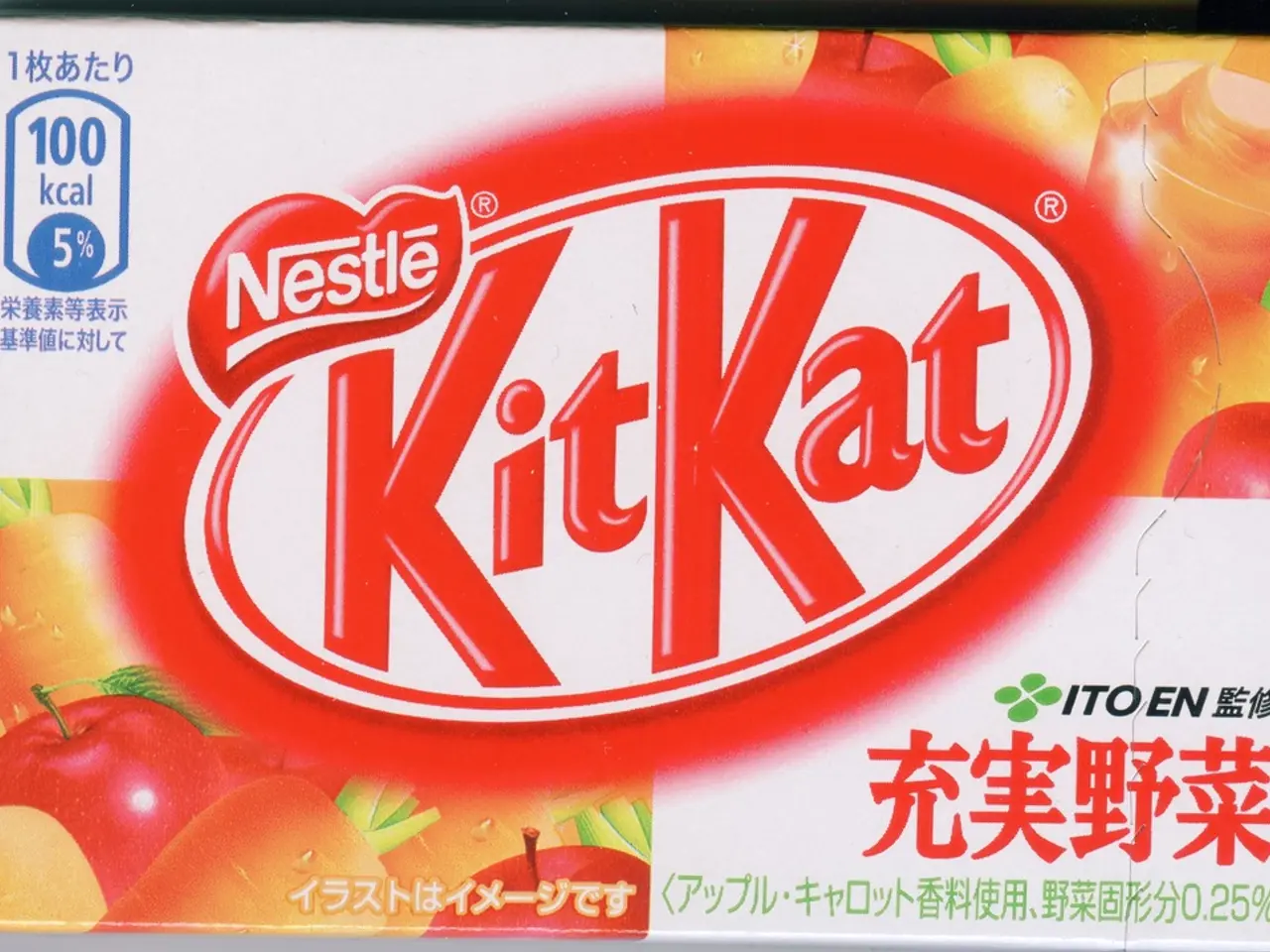Foods that may help with diabetic retinopathy management
Diabetic retinopathy, a complication that can affect people living with diabetes, can be managed and potentially prevented through a combination of diet, lifestyle changes, and regular medical care.
A Balanced Diet for Eye and Overall Health
To help manage diabetic retinopathy and maintain suitable blood sugar levels, a person with diabetes should focus on a diet rich in nutrient-dense, low-glycemic foods. These foods support both eye and overall health while avoiding foods that cause blood sugar spikes and inflammation.
Foods to Include
- Leafy green vegetables, such as spinach, kale, and collard greens, are rich in lutein and zeaxanthin, antioxidants that protect the retina and reduce oxidative stress.
- Whole grains, like brown rice, oats, and quinoa, provide fiber that slows glucose absorption, improving blood sugar control.
- Omega-3 fatty acids, found in salmon, walnuts, and chia seeds, reduce retinal inflammation and support vascular health.
- Fruits rich in vitamin C, such as oranges, strawberries, and bell peppers, support eye tissue repair and strengthen blood vessels.
- Vitamin A sources, like carrots, sweet potatoes, and pumpkin, promote healthy retinal function.
- Nuts and seeds, such as almonds and walnuts, supply vitamin E and other antioxidants beneficial for eye health.
- Lean proteins and legumes help maintain blood sugar without adding unhealthy fats.
- Hydrating foods, such as cucumbers and watermelon, maintain hydration important for eye health.
Foods to Avoid or Limit
- Simple carbohydrates and sugars, such as white bread, pasta, sweets, and sugary beverages, cause rapid blood sugar spikes that increase retinal blood vessel damage and inflammation, worsening diabetic retinopathy.
- Excess salt can worsen blood pressure and fluid retention, negatively impacting eye health.
- Excessive alcohol can impair eye health and interfere with blood sugar control.
Additional Management Strategies
- Maintaining blood sugar levels mostly between 80 mg/dL to 130 mg/dL before meals and less than 180 mg/dL after meals helps prevent retinal vessel damage and vision deterioration.
- Regular exercise can improve insulin sensitivity and blood glucose regulation, aiding in the prevention and stabilization of diabetic retinopathy.
- Routine medical check-ups are essential for monitoring eye health and prompt intervention.
In summary, a diabetes-friendly diet to manage diabetic retinopathy emphasizes whole, minimally processed foods with a focus on vegetables, whole grains, healthy fats, and antioxidants, while avoiding high glycemic index foods and excessive sugars that exacerbate blood vessel damage in the retina. Regular exercise, maintaining suitable blood sugar levels, and routine medical check-ups are crucial components of managing diabetic retinopathy and preserving eye health.
- To combat chronic diseases like diabetes mellitus and manage its complications, such as diabetic retinopathy, a science-based approach to diet and lifestyle changes is essential.
- Food and food benefits play a significant role in both preventing and managing diabetes, with a focus on nutrient-dense, low-glycemic foods that support eye health and overall wellness.
- In this regard, leafy green vegetables, rich in lutein and zeaxanthin, are beneficial for protecting the retina and reducing oxidative stress.
- Whole grains, offering fiber for slowing glucose absorption, help improve blood sugar control alongside maintaining eye health.
- Omega-3 fatty acids, found in fatty fish, nuts, and seeds, reduce retinal inflammation and support vascular health.
- Fruits rich in vitamin C, antioxidants, and other nutrients provide eye tissue repair support and strengthen blood vessels.
- Vitamin A sources like carrots, sweet potatoes, and pumpkin promote healthy retinal function for better eye health.
- Besides nutrition, fitness and exercise play a vital role in diabetes management, along with workplace wellness initiatives and therapies and treatments, such as CBD, for managing chronic-kidney disease and skin care.




